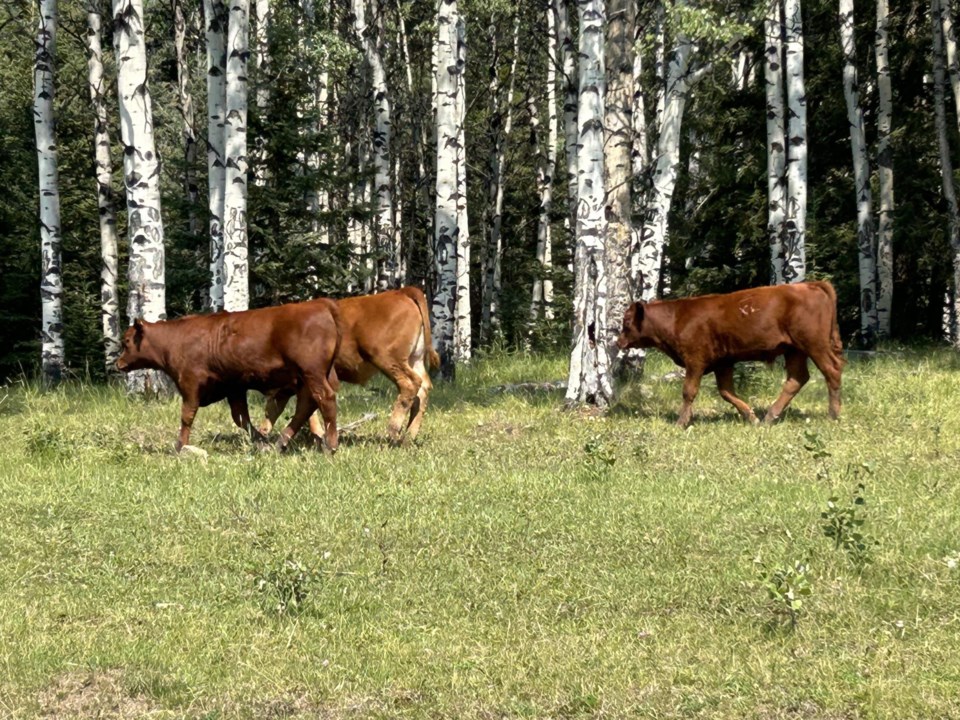REGINA — Farm organizations say they are considering submissions to the federal consultation on greenwashing.
Public consultations are underway until Sept. 27, following passage of new provisions in the Competition Act in June derived through Bill C-59.
Those provisions tackle deceptive marketing practices by those who claim their products are green or environmentally friendly but can’t substantiate those claims.
The changes require that claims about environmental benefits of a product are supported by adequate and proper testing. Businesses or business activity that make environmental benefit claims must be able to substantiate those claims according to internationally recognized methodology.
The consultations are intended to help the Competition Bureau develop enforcement guidelines for the changes. It’s not yet known how the provisions will affect producers at the farmgate.
The Canadian Cattle Association said the amendments to Bill C-59 that brought these changes require more study.
“CCA has voiced concerns about Bill C-59 amendments, specifically measurement protocols used,” the organization said in a statement. “CCA supports the continuation of using science-based measurement standards as the Canadian beef sector is currently using.”
The group said its greenhouse gas emissions from beef production are less than half the global average and it has goals to reduce emissions intensity by 2030.
“To measure progress, our 2024 National Beef Sustainability Assessment, a third party reviewed scientific study of Canadian beef’s sustainability performance, has demonstrated a 15 per cent reduction in GHG emission intensity between 2014 and 2021 alone,” it said.
Biodiversity is an area in which Canadian producers lead, the association added.
“Land used for raising beef cattle (63.1 million acres), of which 84 per cent (52.8 million acres) is tame and native grassland, stores an estimated 1.9 billion tonnes of soil organic carbon. This land also contributes the majority of wildlife habitat capacity, providing 74 per cent of the habitat wildlife need for important reproductive functions, on only 40 per cent of the total agricultural lands in Canada.”
The Canadian Roundtable for Sustainable Beef said it is aware of the consultation and is working with partners to decide if it needs to comment.
The Canadian Federation of Agriculture also said it is consulting with members to assess the potential impact on producers.
“I would, however, note that we support science-based decision-making and want to ensure any such measures put in place, if required, are objective and clear,” said policy director Brodie Berrigan.
The bureau said it is assessing the impact of the new requirements and “expects to provide guidance, in due course, that will offer transparency and predictability for the business and the legal communities in the enforcement of the law.”
The bureau has released a new edition of the Deceptive Marketing Practices Digest that addresses environmental claims. It said it has intervened in two cases related to false or misleading claims in the last few years. Those involved Keurig and Volkswagen.
Related
Farming north of 60 requires self-sufficiency
National farm group asks for increased environmental funding
Former Sask. agriculture minister remembered
Farm groups analyze greenwashing rules
About the Author




